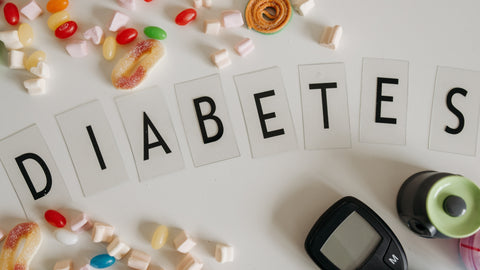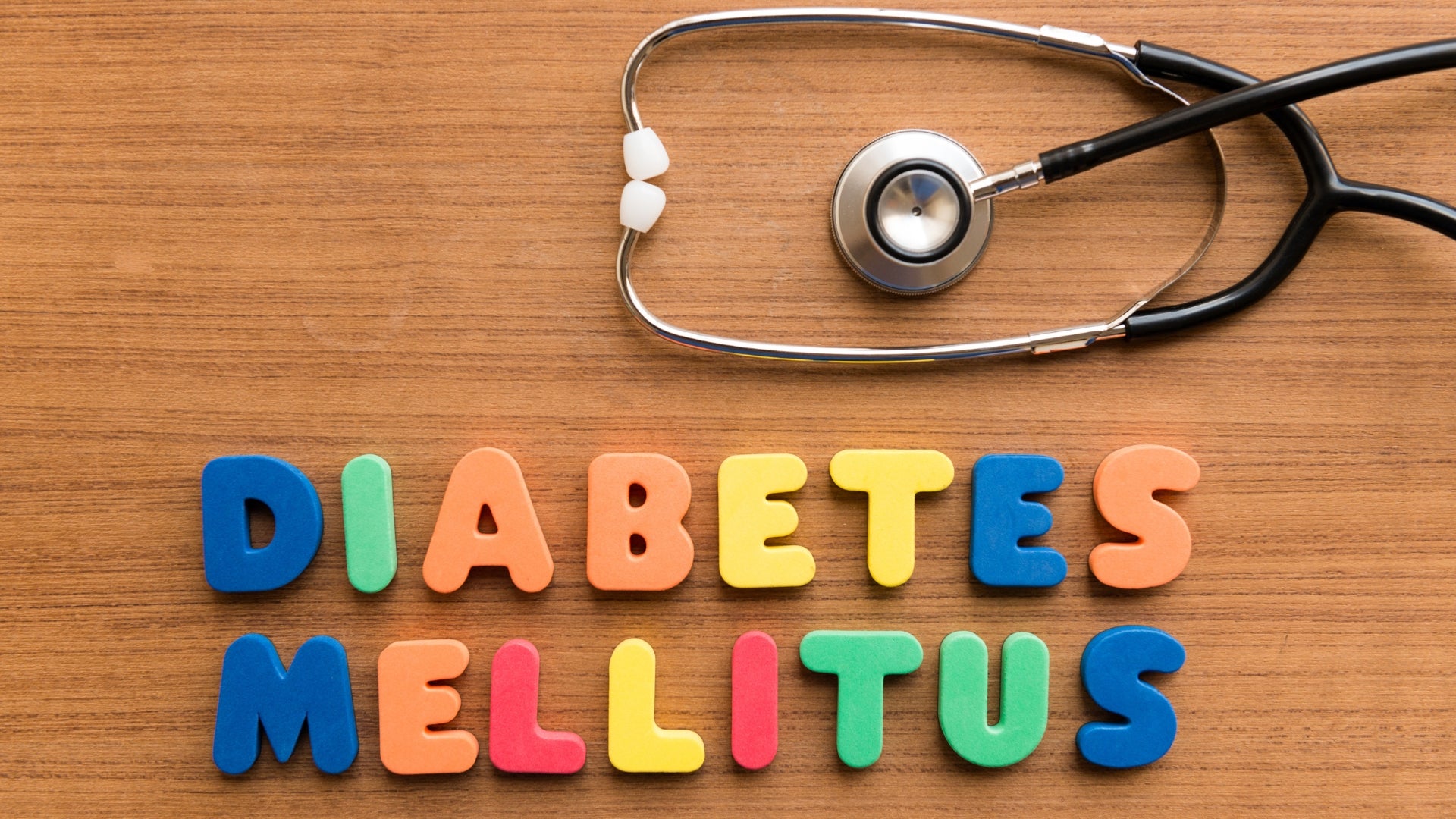Diabetes refers to a health condition where the level of glucose, or sugar, in the blood, is abnormally high. This occurs due to the pancreas producing inadequate amounts of insulin or the body not effectively utilizing the insulin available. Diabetes mellitus is a condition that can affect people of all ages and is usually lifelong. However, it can be managed with the help of medications and changes in lifestyle.
The body's primary energy source is glucose, which is derived primarily from carbohydrates in our diet. It travels through the bloodstream and is used by cells for energy production.
For glucose to be absorbed by the body's cells, it requires insulin, a hormone that acts like a "key" to open the way for glucose to enter. If insulin is deficient or if the body cannot use it efficiently, the result is an accumulation of glucose in the blood, leading to hyperglycemia or high blood sugar levels.
Continuous high levels of glucose in the blood can eventually lead to serious health complications, including heart disease, damage to the nerves, and eye conditions.
While "diabetes" generally refers to diabetes mellitus, there is another unrelated condition known as diabetes insipidus. Although both conditions share common symptoms like increased thirst and urination, they are fundamentally different. Diabetes insipidus is a much less common condition compared to diabetes mellitus.
Types of Diabetes

- Type 1 Diabetes: This autoimmune condition destroys the insulin-producing cells in the pancreas, leading to insufficient insulin production. It's often diagnosed in children and young adults but can occur at any age. The exact cause of Type 1 diabetes is unknown, though genetics and environmental factors may play a role.
- Type 2 Diabetes: More common in adults, this type of diabetes is characterized by the body's inability to use insulin effectively (insulin resistance). Over time, the pancreas can't produce enough insulin to maintain normal glucose levels. Risk factors include obesity, lack of exercise, poor diet, and family history.
- Gestational Diabetes: This form occurs in pregnant women and usually resolves after childbirth. However, it increases the risk of developing Type 2 diabetes later in life. Gestational diabetes is caused by hormonal changes during pregnancy that make the body's cells more resistant to insulin.
- Prediabetes: In this condition, blood sugar levels are higher than normal but not high enough for a diagnosis of Type 2 diabetes. Without lifestyle changes, people with prediabetes are at high risk of progressing to type 2 diabetes symptoms.
Symptoms
Common symptoms of diabetes include -
- Dry mouth and increased thirst (polydipsia).
- Urinate frequently.
- Weariness.
- Vision impairment.
- Unexpected weight reduction.
- Tingling or numbness in the hands and feet.
- Slow-to-heal cuts or sores.
- Recurrent yeast infections on the skin and/or in the vagina.
Note - Type 2 diabetes can develop slowly and might not cause noticeable symptoms initially.
Causes and Risk Factors
The exact cause of diabetes varies by type. Genetic factors play a significant role, particularly in Type 1 diabetes. Lifestyle factors, such as poor diet, physical inactivity, and being overweight, significantly contribute to the risk of developing Type 2 diabetes. Gestational diabetes is caused by insulin-blocking hormones produced during pregnancy.
Complications
Uncontrolled diabetes can lead to a host of complications, including cardiovascular disease, nerve damage (neuropathy), kidney damage (nephropathy), eye damage (retinopathy), foot damage (including infections and sores that can lead to amputation), skin conditions, and hearing impairment. It can also lead to pregnancy-related complications from gestational diabetes.
Diagnosis
Diabetes is diagnosed through various blood tests that measure blood sugar levels. These tests include the fasting plasma glucose test, the A1C test, and the oral glucose tolerance test. The A1C test measures the average blood sugar level over the past two to three months, with a result of 6.5% or higher indicating diabetes.
Treatment and Management
While there is no cure for diabetes, the condition can be managed through medication, insulin therapy, and lifestyle changes. Managing blood sugar levels is crucial to preventing complications. Treatment plans often include diet and exercise modifications, monitoring blood sugar levels, and sometimes medication or insulin. People with Type 1 diabetes require insulin injections or an insulin pump to survive.
Prevention
Type 2 diabetes is often preventable through lifestyle changes. Maintaining a healthy weight, eating a balanced diet, exercising regularly, and avoiding tobacco can reduce the risk of developing Type 2 diabetes. For those with prediabetes, lifestyle modifications can prevent or delay the onset of Type 2 diabetes.
Management and Treatment for Diabetes Mellitus
To summarize, diabetes affects you not only physically, but also emotionally.
Whether you have recently been diagnosed or have had diabetes for a long time, you will need help to manage your blood sugar levels and improve your overall health. To help you control and treat your diabetes, several treatments are available. Since each person is unique, the course of treatment will be customized to meet your needs.
At Deep Ayurveda, we’ve put together an Ayurvedic diabetes management 30-day pack that offers a comprehensive solution to relieve symptoms associated with diabetes, including increased blood sugar levels, hypertension, and low energy. The meticulously crafted combination of medically tested herbs not only helps maintain optimal blood sugar levels but also enhances overall health.
Deep Ayurveda Diabetes Ayurvedic Management product was developed by renowned Ayurvedic practitioner Dr. Baldeep Kour, who has 18 years of clinical experience, and is made with 100% organic herbs. It has been approved by the State Drug Licensing Authority (Ayush).
Manufactured in a GMP-certified & USFDA-approved manufacturing unit, this clinically researched product ensures 100% side effect-free usage, making it a safe and effective choice for diabetes treatment management.






